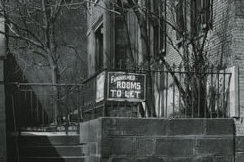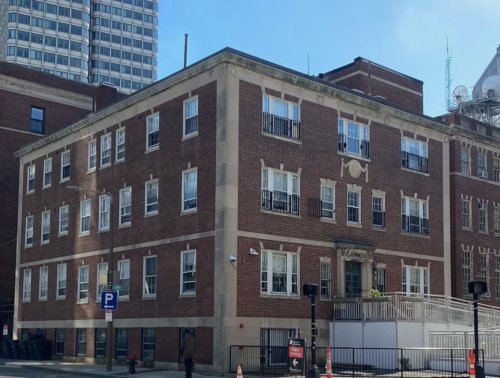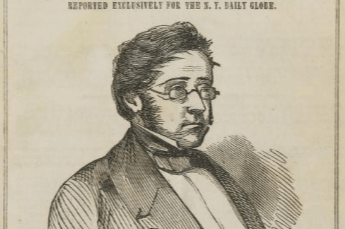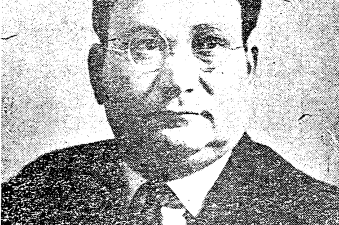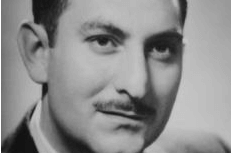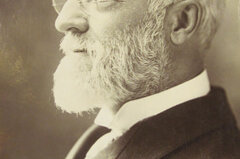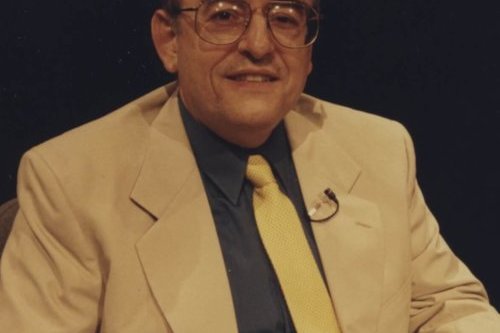Topic: Immigration
Immigration to the United States, first generation immigrant experiences
Boarding Houses played an important role in the housing system during the age of industrialization and immigration in Boston and the West End. Along with lodging and rooming houses, they were the only alternative for those in need of affordable and transitional living space in the neighborhood until the arrival of tenements and apartment buildings. Boarding houses also offered women of the period one of the few ways to earn a decent income.
The Temporary Home for Women and Children located on New Chardon Street in Boston’s West End was one of the first family shelters in the country. From its start as a small home on Charles Street, it has cared for women and children in need for over 150 years.
The convergence of Puritan values, attitudes toward immigration, and the prevalence of one university surrounding almost every aspect of the event, made the Parkman-Webster murder case a distinctively Boston story.
Part 1 of West End Hero Squares identified urban squares in the West End which the City of Boston renamed in honor of military personnel who died during service in WW1, and provided background on those soldiers and sailors. Part 2 will look at Hero Squares dedicated to those who served in WWII and the Korean War.
Hundreds of boys from the West End and other parts of Boston benefited from the financial, education, and moral support provided by the Burroughs Newsboys Foundation.
Joseph “Bepo” Caruso came to the West End from Sicily when he was seven years old. During his rich life he served in World War II, opened an art gallery, published novels, started a film production company, and was a founder of the Committee to Save the West End.
Publishing magnate Edwin Ginn put his wealth and energies to use by establishing the World Peace Foundation and constructing housing for 500 residents at the Charlesbank Homes in the West End.
James “Jim” Campano dedicated his life to preserving the memory of his beloved West End as a protester, journalist, and historian.


